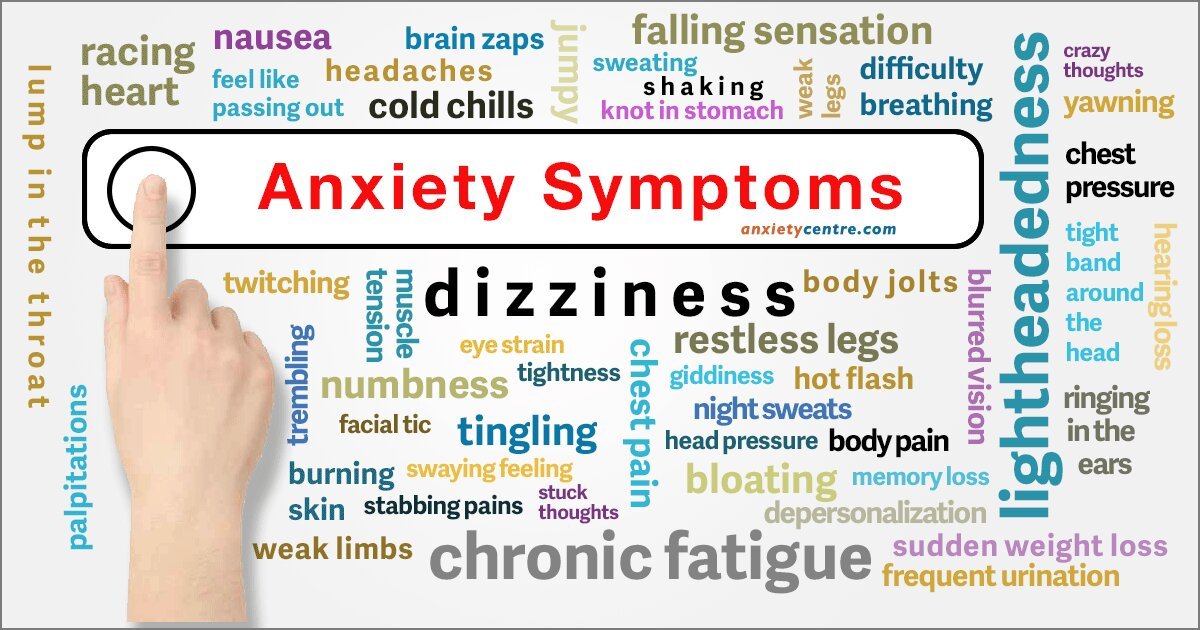Workplace Anxiety (Updated 2023)
Workplace Anxiety. Too Much, Too Soon. Anxiety and stress go together and can have a far-reaching impact on a person’s life. According to a recent journal, panic disorder is the result of anxiety and stress and is characterized by the occurrence of repeated panic attacks.
The feeling of intense terror and fear that crops up when triggers strike (and usually out of the blue) makes a person go through heart-attack-like symptoms that their body didn’t see coming and isn’t prepared for. These experiences are very real for the person experiencing them and can happen at any place and at any time.
The Workplace is no Exception
Many of us will admit that the current working environment is extremely competitive, forcing people to perform under constant judgment and stress. In a world where time is money, every second counts, resulting in extreme pressure, overtime, and the fear of always being side-lined for someone better and more competitive.
Pressure to live up to the expectations
This pressure to live up to the expectations, in addition to the financial responsibilities that come with it can force an individual to work beyond his/her thresholds, almost pushing them to the point of breakdown.
Deadlines are packed so close to each other that it gives the individuals no breathing space to re-group their thoughts. Competition is so high that individuals are willing to risk their mental and physical wellness to retain their job, pay their bills, and maintain the standard of living that is accepted by society. While this has become the new normal of our lifestyles, sometimes things can get a little out of hand. And when that happens, when you put yourself through periods of continued stress and anxiety, the feeling takes over and starts interfering with your ability to perform your job or manage your personal life.
Your mental and physical health takes a toll and things begin to get out of control.
The key element to the psychotherapy of anxiety, stress, and panic disorder
The key element to the psychotherapy of anxiety, stress, and panic disorder (and they get entangled with each other) is exposure to the feared triggers. So, instead of avoiding the stimuli or situation, psychologists suggest you confront it. They believe learning not to avoid is crucial and most often the first step to healing and treatment.
First, Accept Anxiety. Then Identify its Trigger Patterns.
What might start as a thought about something completely benign, an email you sent, a conversation you had, an upcoming event, a minor worry, can trigger responses that are unexpected and hostile. Anxiety can tell you, “you can’t do this, drop out, you failed,” and hammer those feelings repeatedly with the intensity that makes you believe and become the thought.
Your mind senses a trigger and its fight-or-flight response forces it to go into overdrive.
It thinks it’s trying to help you survive and doesn’t realize it isn’t being helpful.
Coping with Anxiety at Work
While anxiety can happen anywhere and at any time, it is more susceptible to happen at work, simply because of the heightened levels of competition and pressure that comes with it. Fortunately, there is a way to turn things around.
Let your mind know that you’ve got it. Try verbal affirmations.
Verbal confirmations, also known as affirmations, are words you willfully use, and by that, I mean you think, speak, and believe in order to flesh out the reality you seek.
Your mind constantly reaches out to power words to reinstate all that it plans to practice. In fact, there’re probably several of these “power words” running through your head, just as we speak.
Use absolute positive statements to bring life to all your dreams and aspirations.
Use statements such as:
- I love myself and am at ease with my mind.
- I can and will overcome this trouble quickly.
- I believe I can make this happen.
- I can do this.
- I am good at what I do.
Work at Creating a Work-Life Balance
Take time off work to make room for things you love; spend time with your loved ones, engaging in your favorite sport. Spend time doing the things you love with the people you love during your time off and on weekends. You’ll be pleasantly surprised at how rejuvenated you are likely to feel.


Comments are closed.